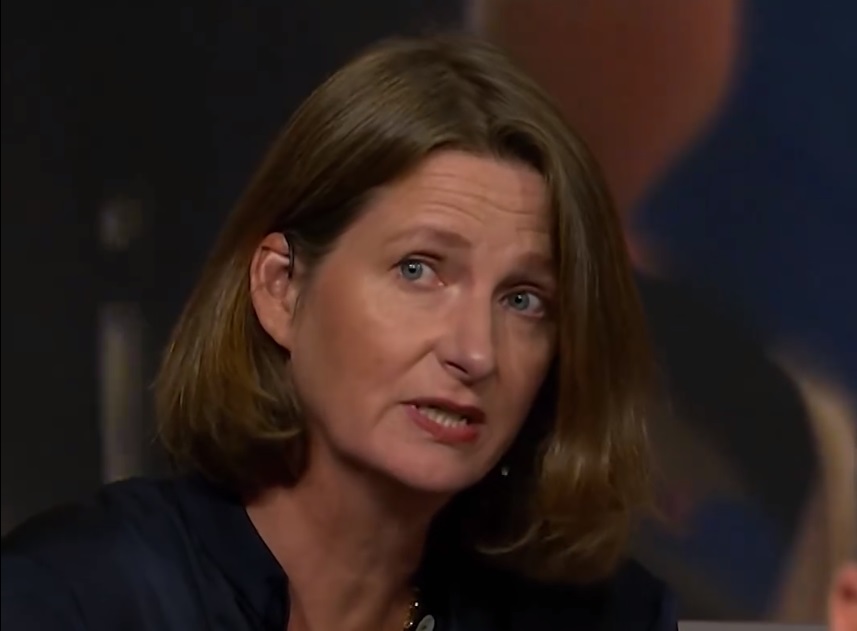Important destinations such as schools, hospitals, work and supermarkets are increasingly difficult to reach by public transport, bicycle or on foot.
At a time when the Netherlands is confronted with increasing challenges in mobility and accessibility, a striking coalition of social organizations and companies, including HandicapNL, trade union FNV, the Dutch Railways and Natuur & Milieu, is coming forward with a powerful call. Their concern: the decreasing accessibility of everyday destinations for a large part of the population. This problem not only affects the daily lives of many Dutch people, but also has broader implications for health, the economy and the environment.
The critical situation is underlined by the observed trend that essential destinations such as schools, hospitals and work locations are becoming increasingly out of reach for many people. This is particularly true for those without access to a car – around a quarter of Dutch households – often due to financial constraints or physical limitations. These places are often difficult to reach by public transport, bicycle or on foot, making the car increasingly the only option. This leads to deteriorated air quality and road safety. It is a worrying development that approximately 20% of industrial estates in the Netherlands are very poorly or even not accessible at all by public transport.
In an effort to improve this situation, these organizations haveManifesto for accessibility' compiled and handed over to the Parliamentary Standing Committee on Infrastructure & Water Management. This document emphasizes the importance of accessible facilities for all and calls for a review of current mobility and infrastructure policies. Martin Boerjan of Elke(in), an umbrella organization for people with disabilities or chronic illness, underlines the importance of reducing the distance between people with disabilities, young people and residents of poorly connected areas.
You should be able to get there easily to work, the hospital, the supermarket or your school. Together we are committed to better and faster public transport, good cycle paths and safe walking routes. And for residential areas where everyone can easily reach the supermarket or school. Even without a car. This way everyone can continue to participate, we ensure healthier air and safe, green neighborhoods.

Marjolein Demmers, director of Nature & Environment, emphasizes the need for a redistribution of resources in mobility and infrastructure policy. She advocates more direction and coordination between different ministries, as accessibility has interfaces with health, economy and nature. A possible solution would be to place this responsibility with a Minister of Spatial Planning. This requires political courage and a willingness to redistribute financial resources.
Another important aspect of the manifesto is the focus on clustering housing and facilities, and providing alternative travel options. By guaranteeing proximity to essential facilities and offering alternatives such as cycling and walking routes, shared mobility and public transport, the lives of many Dutch people can significantly improve. This contributes to equal opportunities in education and work, safer traffic and healthier air.
This extensive coalition of organizations emphasizes the importance of an integrated approach and the need for significant policy changes to ensure a sustainable and inclusive future. Their efforts and call to action represent a crucial moment in the debate on mobility and urban planning in the Netherlands.
signatories
The 29 signatories calling on MPs to commit to these measures are Bartiméus Fund, CNV, Coalition of Car Sharing Providers, Clean Air Committee, Cyclists' Union, FNV, HandicapNL, IEDERIN, Young Climate Movement, KWF Cancer Control, National Student Union, National Association for Small Cores, Lungfonds, MENSenSTRAAT, Rotterdam-The Hague Metropolitan Region, Nature & Environment, Dutch Railways, Dutch Sustainable Energy Association, Dutch Association of Emergency Physicians, OV-NL, ROVER, Steenbreek Foundation, Stimuland Foundation, Foundation for Working Parents, Students for Tomorrow, Pedestrian Movement Netherlands, Pedestrian Association Netherlands, Wandelnet, We Stand Up!




